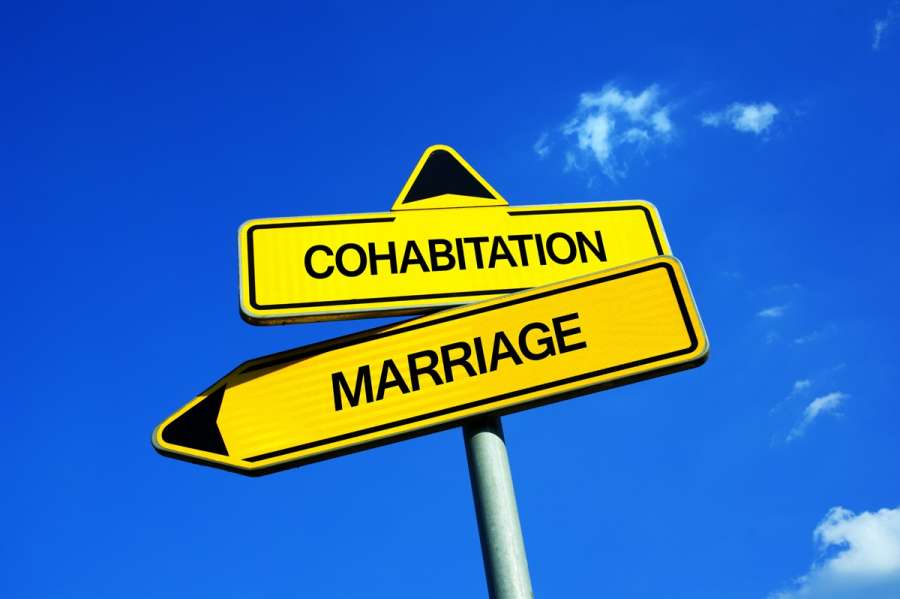There are ways for cohabiting couples to protect themselves. This includes entering into a cohabitation agreement and a declaration of trust where property is bought in joint names.
Cohabitation Agreement
A cohabitation agreement is an agreement made between cohabiting parties to regulate the terms of their relationship.
It is advisable to enter into a cohabitation agreement if you intend to cohabit with your partner, as the agreement can provide protection for cohabiting parties in the event of a separation.
The agreement can outline how property will be split upon separation and can define the respective ownership of property; it can also outline how finances will be split and how the parties intend to support the children moving forward.
The agreement is a bespoke document and will commonly deal with the following:
- The respective ownership of property
- Who will pay for any outstanding liabilities
- Bank accounts and savings, including joint savings
- Contributions by each party to household bills
- Ownership of joint assets such as cars
- How children will be financially supported

Declaration of trust
It is advised that cohabiting couples jointly acquiring property should ensure both names are on the deeds to the property.
A declaration of trust should be entered into in a situation where a couple does not intend to hold the property in equal shares.
Creating a will
Unless specifically named in a will, a cohabiting party is not entitled to share in or make claims on their deceased partner's estate.
It is important for cohabiting couples to consider making a will if they wish for their property to pass to their partner upon their death.
Schedule 1 of the Children Act 1989
Unmarried people who have dependent children may be able to make a claim for financial provision for the child under Schedule 1 of the Children Act 1989. This can include:
- Financial claims for housing
- Lump sum orders
- School fees orders
- Child maintenance (in cases where the child maintenance service does not have jurisdiction)






